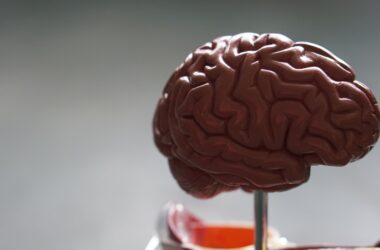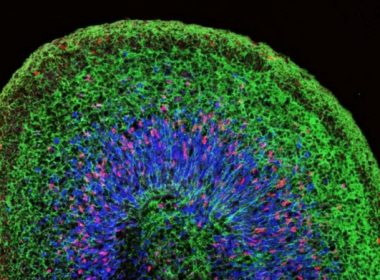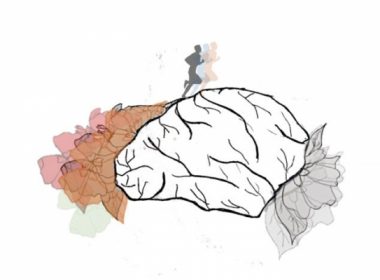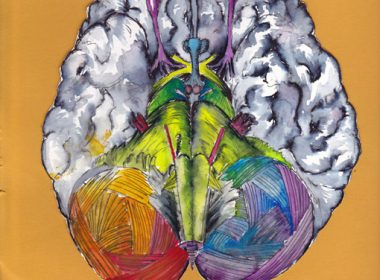Concussions affect more than 200,000 Canadians each year, but, despite the injury’s prevalence, patients with the same symptoms often respond to the same treatment differently. This is why some children and adolescents who suffer concussions recover in a few weeks, while others may suffer symptoms lasting several months or even[Read More…]
Tag: brain
Neuroinflammation found to drive Alzheimer’s disease progression
Over a century ago, Alois Alzheimer, a German psychiatrist, spotted strange plaques and tangles in the brain slides of a patient with dementia. Ever since, scientists have been trying to better understand the mechanisms behind what is now known as Alzheimer’s disease. Alzheimer’s disease (AD) is a brain disorder that[Read More…]
How the brain and body synchronize to keep a beat
People often say that practice makes perfect, and music is no exception. From virtuosos to amateurs, rehearsal is a key part of mastering the craft. A recent study led by Caroline Palmer, a professor in McGill’s Department of Psychology, questioned if practice truly does make perfect, or if underlying genetic[Read More…]
The brain in higher resolution
McGill’s new 7T Magnetic Resonance Imaging (MRI) machine, located at the Montreal Neurological Institute (MNI) or ‘the Neuro,’ is the first of its kind in Canada. The T refers to ‘Tesla’, the unit of measurement for the magnetic strength of the machine. At 7T, it outperforms the 3T MRI machine[Read More…]
A brain without a body
Parkinson’s disease affects the dopamine neurons in as many as ten million people worldwide yet, to this day, nobody has identified a concrete cause. However, science may be a step closer, as researchers have recently shown that the protein alpha synuclein detrimentally affects the brains of Parkinson’s patients. Scientists have[Read More…]
Questioning the device we use to question
To kickoff the Science Undergraduate Society’s ‘Academia Week: To Science and Beyond,’ David Ragsdale, associate professor in the Department of Neurology and Neurosurgery, explored questions on morality and neuroscience. Within every human head, there is a tangible organ associated with something fundamentally intangible: The mind. “Your brain is a physical[Read More…]
Follow your nose
Those who can easily navigate new cities and unfamiliar locations might also find they have an unusually-precise ability to accurately identify a plethora of different smells, ranging from basil and cinnamon to strawberry and peppermint. A recent study conducted at the McGill Department of Psychiatry demonstrated the surprising link between[Read More…]
Behind the invisible brain-print of obesity
Most obesity interventions focus on restricting calorie intake through diet or increasing energy expenditure through exercise. For this reason, obesity is often perceived as an individual’s lack of self-control to eat a healthy, well-portioned diet and follow exercise regimes. However, there may be some invisible factors pressing the scale. According[Read More…]
Brain circuit connectivity directly affects how much we like music
Humans are on the lookout for rewarding stimuli all the time. Our ability to experience pleasure from some of these stimuli is an evolutionary mechanism to ensure the pursuit of basic biological needs, such as eating, known as primary rewards. However, humans also have the capacity to experience pleasure from[Read More…]
From skin cells to brain cells: McGill researchers generate a cell critical to Alzheimer’s research
Researchers at the Montreal Neurological Institute and Hospital (MNI) of McGill University have recently discovered a method for transforming patients’ skin cells into a type of brain cell critical for understanding and treating neurological disorders like Alzheimer’s disease. According to the McGill Newsroom, the artificial cells are “virtually indistinguishable from[Read More…]















